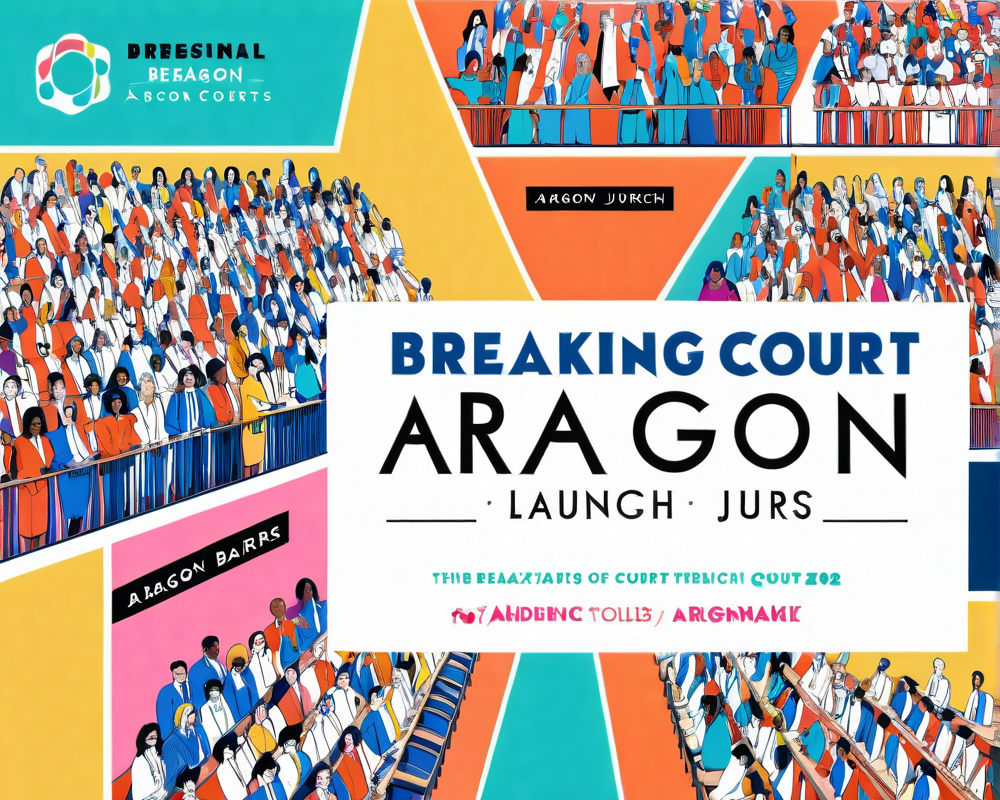The Future of Dispute Resolution
In a world where traditional courts seem slower than a dial-up connection, Aragon has come to the rescue with its game-changing Aragon Court, a decentralized platform set to launch mid-February. This digital jurisdiction aims to eliminate the *artificial barriers* that bog down legal disputes across national borders. It’s like having a superpower, minus the cape.
Join the Jury: A Decentralized Approach to Justice
Starting January 7, users can convert Aragon’s native token, ANT, into the jury-friendly ANJ tokens. You only need to stake a mere 10,000 ANJ to unlock your juror potential. If you’ve dreamt of donning a virtual judge’s robe, now’s your chance!
The more ANJ tokens you stake, the better your chances of being summoned for jury duty. So, stock up, and you might compare your notifications to winning the lottery—everyone loves a little unexpected adventure.
Self-Regulation Through Smart Contracts
Aragon’s innovative court runs entirely on smart contracts, creating a self-governed ecosystem free from governmental strings. Executive Director Luis Cuende emphasized, “We don’t need to shake hands with authorities for official judgments,” and we’re all just fingers crossed that it works smoothly! He suggests, however, that it’s wise to consult a legal professional if you’re swimming in ambiguity.
Execution of Rulings: A Technical Marvel
Once a dispute arises, randomly selected jurors weigh in and provide their decisions—but how do these rulings come to life? Cuende explains: “Rulings are automatically executed by smart contracts.” It’s like magic but without pulling rabbits out of hats. Winning parties are rewarded, while losing ones might need to look for another way to appease their disgruntled stakeholders.
The Bond System: A Safety Net for All
Aragon Court operates on a bond-based arbitration system—think of it like a security deposit that you pray you don’t lose. If you file a case, you post a bond that guarantees your good behavior during the arbitration. This mechanism protects everyone from flaky freelancers and stubborn clients alike.
Imagine hiring a website designer who never delivers your fancy new site; you’d want to ensure they lose their bond if they’ve been misbehaving. Conversely, the designer needs assurance they aren’t going to empty their pockets for services rendered. It’s all about playing nice in a low-trust sandbox.
Global Trends: Legal Systems Embrace Blockchain
While Aragon Court aims to be the first digital jurisdiction, the legal world is slowly embracing blockchain technology. Legal experts, like Giesela Rühl, argue that smart contracts can coexist with traditional laws. In China, for example, courts are using AI and blockchain to handle more than 3.1 million cases, proving that the future of adjudication might just involve a little less bureaucracy.
So, while traditional courts may feel like they’re dragging their feet in molasses, projects like Aragon Court are propelling us into an exciting era of democratized justice—one smart contract at a time.




